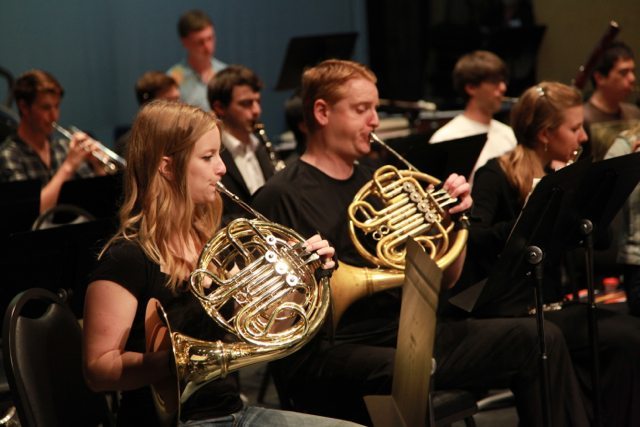 My grandfather arrived in Vancouver from England, via the Empress of Canada and the fledgling Canadian Pacific Railway in September 1909.
My grandfather arrived in Vancouver from England, via the Empress of Canada and the fledgling Canadian Pacific Railway in September 1909.
At a goodbye dinner in London, he had been advised by a family friend to “Stay out of the towns – find your fortune in the countryside.” He took that advice literally and found work at the Bamfield Cable Station on Vancouver Island’s west coast. And so his work life began in the new country, roughing it in the bush.
One hundred and nine years later, I too am living in the bush, thinking about the modern take on that old advice my grandfather received. It still rings true, for many of the same old reasons, buttressed by the new Canadian reality – especially in Vancouver.
In 1909, the backcountry was more affordable for settlers; it was brimming with harvestable natural resources, and it offered opportunity to people without family money or connections to fall back on. The cities were more prone to hucksterism and real estate speculation, providing many young men especially, with opportunities to risk their meagre fortunes in beer halls and gambling clubs on Skid Row.
Today’s Vancouver presides over a faltering natural resource economy. The great stands of old growth have been long ago cut, the chinook salmon are in short supply, and the Howe Street mining hucksters are casting their speculative glances and dollars at opportunities in Central and South America.
The real estate speculation game, interestingly, still thrives. Indeed, I think that B.C. owes much of its economic prominence to offshore investment flooding into concrete condo and opulent Vancouver housing purchases.
In comparison with the local investment risks faced by offshore plutocrats in their home countries, Canada is the ultimate safe deposit box. Vancouver offers the added benefit of having an international airport for plutocrats whose home base is on the Pacific Rim. There are lots of stores brimming with Gucci, Lamborghini and Prada labels. Your money can also be stored in federally-chartered banks that think like former Bank of Canada and current Bank of England governor Mark Carney rather than Lehman Brothers.
Now the local press is reporting that Vancouver’s casinos are being investigated. Officials want to know how resident housewives and students with no reported income are taking duffle bags and boxes full of cash into the gambling halls to play. The profession with the greatest enthusiasm for casino gaming (a lovely euphemism) was revealed to be “real estate professionals.”
Another report showed the prevalence of $1-million-plus homes in Vancouver with red dots on a map. It revealed a sea of red around the harbour shorelines and rolling some distance back up the slopes of the local mountains.
Add to this the fact that 800-square-foot condo/apartment/Airbnbs are now renting in Vancouver for more than $2,000 a month.
Imagine being a young culturally creative Canadian facing raising a family in Vancouver with no hope of ever owning a house? Think about raising two children in 800 square feet in Yaletown or the Olympic Village? And ask yourself: What’s so culturally spectacular about Vancouver anyway? Is it really the alpha arts and culture community it represents itself to be?
Let’s be honest – most of B.C.’s greatest writers, painters, musicians and playwrights (with a few independently wealthy exceptions like Lawren Harris of Group of Seven fame) have always lived on Gulf Islands, on Vancouver Island, up the Sunshine Coast, in Haida Gwaii, on tethered boats in marinas, in shacks up deserted inlets and on their own terms.
Vancouver never made them who they were. I don’t think it does today.
In fact, Vancouver has really become even more of an anomaly in the total B.C. experience. Living up the Sunshine Coast and volunteering for arts non-governmental organizations like PRISMA (Pacific Region International Summer Music Academy) allows me to see the influx of culturally creative people from away, arriving in our community. In a recent hiring round, I was astonished by the wide array of cultural competencies that were evidenced by local applicants – in performance, grant writing, museology, social media and marketing. I note that all of them had their own house.
We’re entering a new wave of B.C. small-town cultural renaissance. It’s creating delightful new friendships along with international connections.
Tomorrow, I will attend the PRISMA annual general meeting in Powell River with my fellow board colleague Arthur Arnold. His other gig is maestro of the Moscow Symphony Orchestra.
Troy Media columnist Mike Robinson has been CEO of three Canadian NGOs: the Arctic Institute of North America, the Glenbow Museum and the Bill Reid Gallery.
The views, opinions and positions expressed by columnists and contributors are the author’s alone. They do not inherently or expressly reflect the views, opinions and/or positions of our publication.

